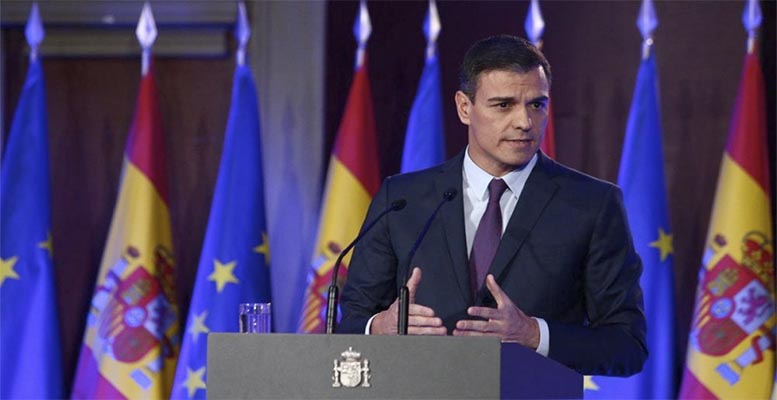Fernando González Urbaneja | In football, the technique of muddying the pitch is well known and is used by a bad team against a more competitive one. Muddying materially, spraying water on the pitch, or figuratively by pushing, kicking and other tricks to impede play and make the opponent desperate. It is as legitimate as it is regrettable, for the players and, above all, for the spectators, as it means practising anti-football, scaring away the fans and finally ruining the business.
In politics, there is also the technique of muddying the debate, confusing it with ambiguous language that says one thing and another; in short, whatever anyone wants to understand. Listening to many of the speeches made by political leaders (?) explains this technique of muddying. The current debate on the exoneration or amnesty of the pro-independence supporters in the courts is a typical case of mud-slinging, ambiguities, confusions, simulations… are all part of the repertoire. All this to the astonishment and disappointment of the public.
President Sánchez’s intervention from New York is a good example of this amphibology. He did not pronounce the word amnesty, but he did not fail to allude to it. According to Junqueras it is an agreed issue, but according to socialist leaders it is neither written nor signed. Iceta explained it sufficiently: “Where is it written?”, forgetting that it was written in ERC’s public note in Catalan after the agreement for the Congress Bureau, although it was erased in the note in Spanish. So it is not written, but it is written. This fact gives the measure of how muddy the debate is.
Everything is clear, but also obscure. It is easier to understand the independentistas who are coherent in their pretensions and ambitions and not so much the socialists/Sánchez who are more allusive in the hope that the other side will make concessions that serve to justify the agreement. Sánchez claims that his Catalan policy is coherent, but without indicating with what, as it does not fit in well with his previous statements. What the socialists/Sánchez expect is for their necessary partners to make concessions at least of intention (renunciation of unilateralism), which are always reversible if it suits the moment. Just as much as Sánchez’s own positions that are accommodated to his own convenience with the complacency of his relatives.
On a muddy field, respecting the rules of the game (no kicking or shoving, for example) is complicated, almost impossible. And in today’s politics it is perceived to be the same. For example, when decisions are taken before the legal norm that protects them is in force; for example, by circumventing the mandatory procedures with impunity; for example, by invading the competences of other powers that are constitutionally independent of the executive power.
All this abounds in these times justified by the ultimate goal, which may be the so-called pacification (?) of the Catalans or getting an investiture at any price. A confused, muddy policy that does nothing to contribute to progress and stability, although it entertains those in power in order to remain in office.





